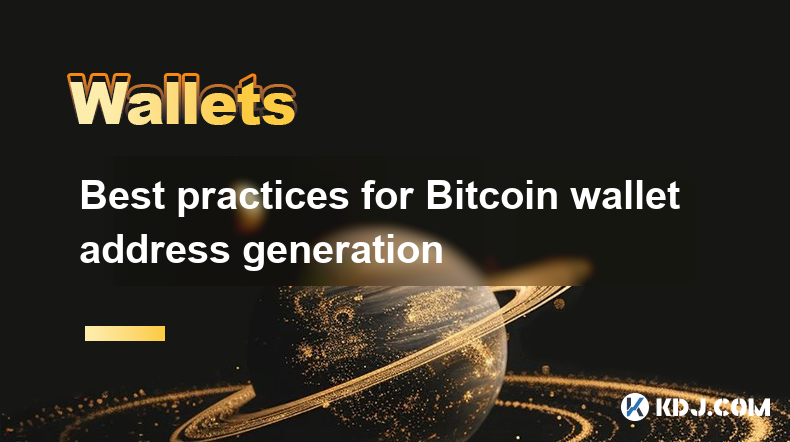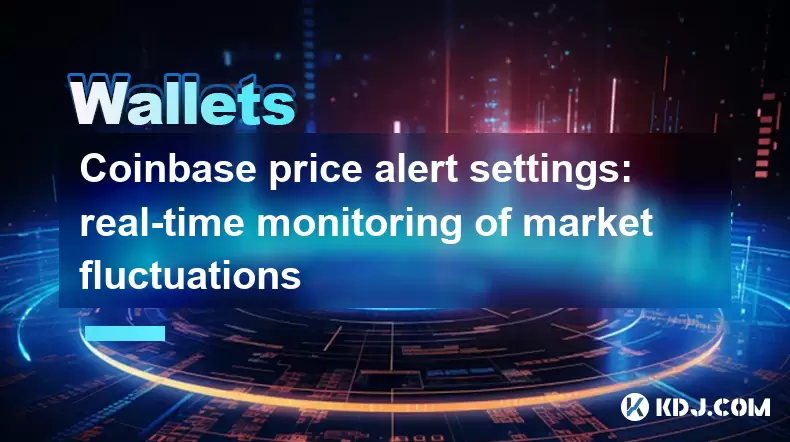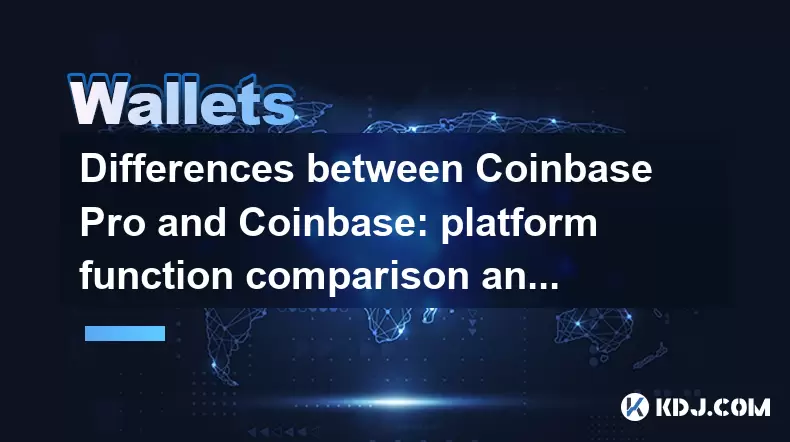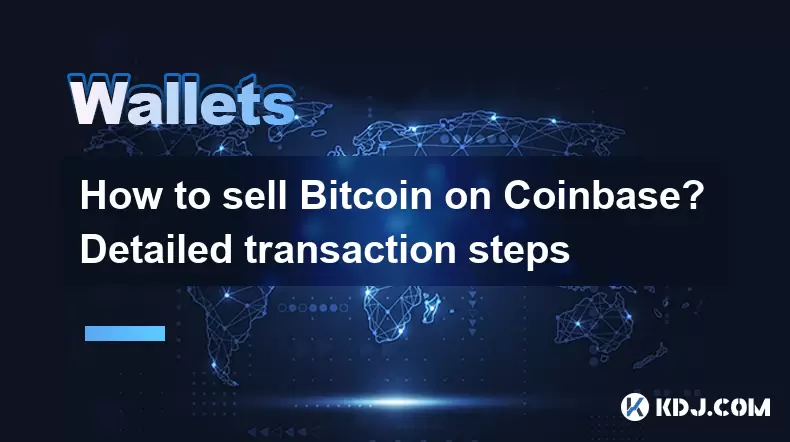-
 Bitcoin
Bitcoin $107,341.7259
0.15% -
 Ethereum
Ethereum $2,438.6204
0.70% -
 Tether USDt
Tether USDt $1.0003
-0.02% -
 XRP
XRP $2.1866
1.94% -
 BNB
BNB $649.0952
0.36% -
 Solana
Solana $150.9602
5.63% -
 USDC
USDC $0.9999
0.00% -
 TRON
TRON $0.2742
0.40% -
 Dogecoin
Dogecoin $0.1645
1.93% -
 Cardano
Cardano $0.5669
1.18% -
 Hyperliquid
Hyperliquid $37.8286
4.19% -
 Bitcoin Cash
Bitcoin Cash $491.4669
-2.74% -
 Sui
Sui $2.8150
3.06% -
 Chainlink
Chainlink $13.4184
2.91% -
 UNUS SED LEO
UNUS SED LEO $9.0809
0.27% -
 Avalanche
Avalanche $18.0295
2.60% -
 Stellar
Stellar $0.2396
1.19% -
 Toncoin
Toncoin $2.8587
0.13% -
 Shiba Inu
Shiba Inu $0.0...01160
2.59% -
 Litecoin
Litecoin $86.4192
1.45% -
 Hedera
Hedera $0.1486
1.19% -
 Monero
Monero $308.4324
0.87% -
 Polkadot
Polkadot $3.4202
1.43% -
 Bitget Token
Bitget Token $4.6436
-0.34% -
 Dai
Dai $0.9998
-0.02% -
 Ethena USDe
Ethena USDe $1.0002
0.00% -
 Uniswap
Uniswap $7.1527
3.29% -
 Pi
Pi $0.5357
-8.45% -
 Pepe
Pepe $0.0...09588
4.61% -
 Aave
Aave $259.9759
0.81%
Best practices for Bitcoin wallet address generation
To secure your Bitcoin, choose a reputable wallet, keep software updated, use strong passwords, enable 2FA, and never reuse addresses for large transactions.
Apr 02, 2025 at 04:56 am

Understanding Bitcoin Wallet Address Generation
Generating Bitcoin wallet addresses might seem straightforward, but securing your funds hinges on understanding and implementing best practices. This involves more than just clicking a button; it's about ensuring the randomness and security of your addresses to protect against potential attacks. A compromised address can lead to the irreversible loss of your Bitcoin. Therefore, understanding the process and its nuances is crucial.
Choosing the Right Wallet Type
The first step in generating a secure Bitcoin address is selecting the appropriate wallet type. Different wallets offer varying levels of security and control.
- Hardware Wallets: Considered the most secure option, hardware wallets store your private keys offline, minimizing the risk of hacking. These are highly recommended for storing significant amounts of Bitcoin.
- Software Wallets: These wallets store your private keys on your computer or mobile device. While convenient, they are more vulnerable to malware and hacking. Regular software updates and strong passwords are essential.
- Paper Wallets: These involve printing your public and private keys offline. While offering excellent security, they are susceptible to physical damage or loss. Proper storage and backups are vital.
- Web Wallets: These are hosted online and offer ease of access. However, they carry the highest risk of compromise due to their online nature. Only use reputable, well-established web wallets with strong security measures.
Generating Secure Addresses Within Your Chosen Wallet
Once you've chosen your wallet type, the method of address generation varies slightly. However, the underlying principle remains the same: ensuring the randomness of the private key. Never reuse addresses, especially for large transactions. Each transaction should ideally use a fresh address.
- Hardware Wallets: These typically generate addresses automatically within the device, ensuring the randomness of the private key generation. The process is usually simple and clearly guided within the wallet's interface.
- Software Wallets: Most software wallets also automate address generation. However, it's crucial to ensure the wallet uses a robust cryptographic library for secure key generation. Check the wallet's reputation and security features.
- Paper Wallets: Generating paper wallets requires using specialized software or online tools. Ensure you use reputable and well-vetted tools to avoid malicious code that could compromise your keys. Always verify the generated keys independently before printing.
- Web Wallets: Web wallets usually generate addresses automatically. However, due to the inherent security risks, it's crucial to choose a well-reputed provider and only use the wallet for small amounts of Bitcoin.
Understanding Private Keys and Seed Phrases
Your private key is the ultimate control over your Bitcoin. It's a cryptographic secret that allows you to spend the Bitcoin associated with a specific address. Never share your private key with anyone.
- Seed Phrases: Many wallets use seed phrases (also known as recovery phrases). This is a list of words that can be used to recover your entire wallet if you lose access to your device. Store your seed phrase securely and offline, preferably in a physical location separate from your wallet. Never store it digitally.
- Private Key Security: Treat your private key with the utmost care. It's the single point of failure for your Bitcoin. Any compromise of your private key results in the irreversible loss of your funds.
Best Practices for Secure Address Generation
To ensure the security of your Bitcoin addresses, follow these best practices:
- Use a reputable wallet: Thoroughly research and choose a wallet with a proven track record of security.
- Keep your software updated: Regularly update your wallet software to patch any security vulnerabilities.
- Use strong passwords: Choose complex and unique passwords for your wallets.
- Enable two-factor authentication (2FA): Whenever possible, enable 2FA to add an extra layer of security.
- Regularly back up your wallet: Create backups of your wallet and seed phrase, storing them securely offline.
- Be wary of phishing scams: Be cautious of emails, websites, or messages that ask for your private keys or seed phrase.
- Use a hardware wallet for significant holdings: Hardware wallets provide the highest level of security for substantial Bitcoin amounts.
Understanding Address Formats
Bitcoin addresses come in different formats, each serving a specific purpose. Understanding these formats is important for ensuring compatibility and security.
- Legacy Addresses (P2PKH): These are the oldest type of Bitcoin addresses, starting with a "1". While still functional, they are less efficient than newer formats.
- SegWit Addresses (bech32): These addresses, starting with "bc1", offer improved transaction efficiency and lower fees. They are considered the most secure and recommended format.
- Nested SegWit Addresses (P2SH-SegWit): These addresses, starting with "3", offer a transition path to SegWit.
Frequently Asked Questions
Q: Can I reuse a Bitcoin address?
A: While technically possible, it's strongly discouraged. Reusing addresses can compromise your privacy and potentially expose you to risks. Each transaction should ideally use a new address.
Q: What is a seed phrase, and why is it important?
A: A seed phrase is a list of words that acts as a master key to your Bitcoin wallet. It allows you to recover your wallet if you lose access to your device. It's crucial to store it securely and offline.
Q: How do I choose a secure Bitcoin wallet?
A: Research thoroughly, looking for wallets with a strong reputation, open-source code (for transparency), regular security audits, and positive user reviews. Consider factors like user-friendliness and the level of security offered.
Q: What are the risks of using a web wallet?
A: Web wallets are convenient but inherently riskier due to their online nature. They are vulnerable to hacking and theft. Only use reputable web wallets and keep balances low.
Q: What is the difference between a public and private key?
A: Your public key is like your bank account number – it's used to receive Bitcoin. Your private key is like your bank PIN – it's the secret that allows you to spend your Bitcoin. Never share your private key.
Disclaimer:info@kdj.com
The information provided is not trading advice. kdj.com does not assume any responsibility for any investments made based on the information provided in this article. Cryptocurrencies are highly volatile and it is highly recommended that you invest with caution after thorough research!
If you believe that the content used on this website infringes your copyright, please contact us immediately (info@kdj.com) and we will delete it promptly.
- Trump, Bitcoin, and Peter Schiff: A New York Minute on Crypto Chaos
- 2025-06-29 12:30:12
- BTC Price, BlackRock ETF, Fed Signals: Decoding the Crypto Crossroads
- 2025-06-29 12:30:12
- SEI Price Skyrockets Amid ETF Hype and Bullish Uptrend: What's Next?
- 2025-06-29 12:50:11
- Bitcoin Mining, Cryptocurrency, and Blockchain: A New York State of Mind
- 2025-06-29 13:10:11
- Dogecoin's Double Bottom: Is an Explosive Move Imminent?
- 2025-06-29 12:55:11
- Kitten Craze Online: Hunting for the Purr-fect Coin Purse
- 2025-06-29 10:30:12
Related knowledge

Coinbase price alert settings: real-time monitoring of market fluctuations
Jun 29,2025 at 07:00am
Setting Up Coinbase Price AlertsTo begin real-time monitoring of market fluctuations on Coinbase, users can utilize the built-in price alert feature. This function allows you to receive notifications when a cryptocurrency reaches a specific price point. To access this setting, open the Coinbase app or log in via the web platform. Navigate to the 'Prices...

How to stake cryptocurrencies on Coinbase? Benefits and risks
Jun 27,2025 at 06:36pm
Understanding Cryptocurrency Staking on CoinbaseStaking cryptocurrencies involves locking up digital assets to support the operations of a blockchain network, typically in return for rewards. Coinbase, one of the most popular cryptocurrency exchanges globally, offers staking services for several proof-of-stake (PoS) coins. Users can stake their holdings...

Differences between Coinbase Pro and Coinbase: platform function comparison and analysis
Jun 29,2025 at 08:21am
Overview of Coinbase and Coinbase ProWhen exploring the cryptocurrency trading landscape, users often encounter two platforms under the same parent company: Coinbase and Coinbase Pro. While both are operated by the same organization, they cater to different types of users and offer varying features. Coinbase is primarily designed for beginners and casua...

How to contact Coinbase customer service? Support channels and response times
Jun 28,2025 at 01:29pm
Contacting Coinbase Customer Service: Support Channels and Response TimesIf you're a user of Coinbase, reaching their customer service team may become necessary for various reasons, such as account verification issues, transaction disputes, or technical difficulties. Understanding the different support channels available and what to expect in terms of r...

Coinbase advanced trading function usage tutorial: limit orders and market orders
Jun 28,2025 at 09:07pm
Understanding the Difference Between Limit Orders and Market OrdersWhen using Coinbase's advanced trading features, it is crucial to understand the fundamental difference between limit orders and market orders. A market order executes immediately at the best available price on the market. This type of order ensures that your trade goes through quickly, ...

How to sell Bitcoin on Coinbase? Detailed transaction steps
Jun 29,2025 at 04:22am
Setting Up Your Coinbase Account for TransactionsBefore you can sell Bitcoin on Coinbase, you must ensure your account is fully set up and verified. Coinbase requires identity verification to comply with regulatory standards. This process involves uploading a government-issued ID, confirming your address, and sometimes submitting a selfie holding the ID...

Coinbase price alert settings: real-time monitoring of market fluctuations
Jun 29,2025 at 07:00am
Setting Up Coinbase Price AlertsTo begin real-time monitoring of market fluctuations on Coinbase, users can utilize the built-in price alert feature. This function allows you to receive notifications when a cryptocurrency reaches a specific price point. To access this setting, open the Coinbase app or log in via the web platform. Navigate to the 'Prices...

How to stake cryptocurrencies on Coinbase? Benefits and risks
Jun 27,2025 at 06:36pm
Understanding Cryptocurrency Staking on CoinbaseStaking cryptocurrencies involves locking up digital assets to support the operations of a blockchain network, typically in return for rewards. Coinbase, one of the most popular cryptocurrency exchanges globally, offers staking services for several proof-of-stake (PoS) coins. Users can stake their holdings...

Differences between Coinbase Pro and Coinbase: platform function comparison and analysis
Jun 29,2025 at 08:21am
Overview of Coinbase and Coinbase ProWhen exploring the cryptocurrency trading landscape, users often encounter two platforms under the same parent company: Coinbase and Coinbase Pro. While both are operated by the same organization, they cater to different types of users and offer varying features. Coinbase is primarily designed for beginners and casua...

How to contact Coinbase customer service? Support channels and response times
Jun 28,2025 at 01:29pm
Contacting Coinbase Customer Service: Support Channels and Response TimesIf you're a user of Coinbase, reaching their customer service team may become necessary for various reasons, such as account verification issues, transaction disputes, or technical difficulties. Understanding the different support channels available and what to expect in terms of r...

Coinbase advanced trading function usage tutorial: limit orders and market orders
Jun 28,2025 at 09:07pm
Understanding the Difference Between Limit Orders and Market OrdersWhen using Coinbase's advanced trading features, it is crucial to understand the fundamental difference between limit orders and market orders. A market order executes immediately at the best available price on the market. This type of order ensures that your trade goes through quickly, ...

How to sell Bitcoin on Coinbase? Detailed transaction steps
Jun 29,2025 at 04:22am
Setting Up Your Coinbase Account for TransactionsBefore you can sell Bitcoin on Coinbase, you must ensure your account is fully set up and verified. Coinbase requires identity verification to comply with regulatory standards. This process involves uploading a government-issued ID, confirming your address, and sometimes submitting a selfie holding the ID...
See all articles

























































































